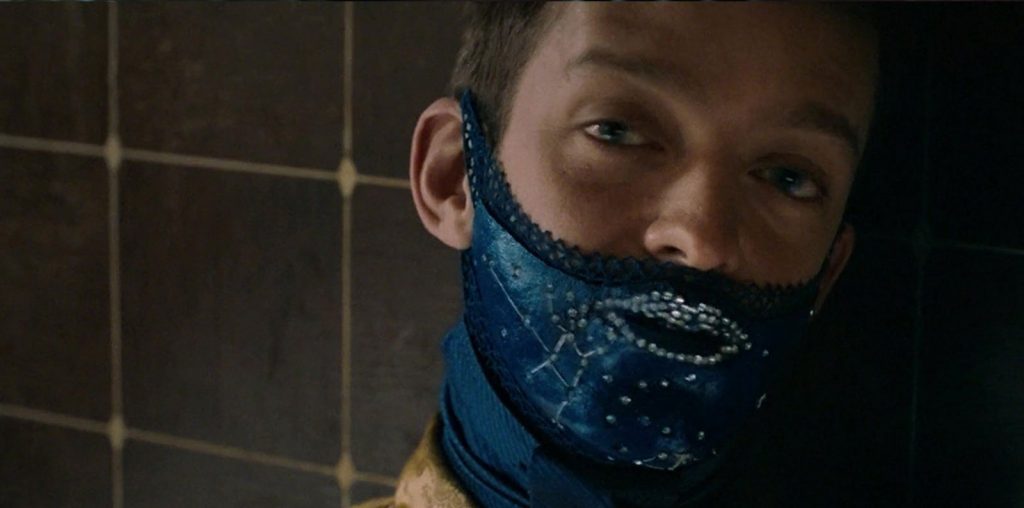
There are many things that go into a great documentary film. Without rifling through them, I think what makes a great doc is when you see someone or something truly eye opening. Something that was right here on this big ole third rock from the sun, yet not everyone knows about it. Sure, happy or funny stories of people, places or events that fit this description are more palpable to watch, but Andrew Levine’s debut film “The Day My God Died” is so uplifting, yet at the same time horrifying, touching and infuriating, you can’t help but be drawn in.
Every day in India, small girls are drugged and stolen from their mothers. When these girls, some as young as seven or eight awaken, they find themselves in the hellish center of the largest brothel district in the world- Bombay, India. Forced to work as prostitutes or suffer beatings and starvation, these girls have their youths stolen away from them. Many contract AIDS and are forced to continue to work, passing on the virus. Granted, there are many other Third World countries that have a sex slave industry, but this film deals with the horrible conditions in Bombay and the attempts made by some to stop them from continuing.
Levine, armed with a spy camera mounted on eyeglasses (courtesy of Peter Gabriel and his witness.org foundation), enters into the brothels (or “cages”) and is able to capture footage of young women being sold off to hordes of ogling and groping men. However, it’s the fact that Levine doesn’t dwell on the horror of what happens that makes this film work. I mean, how much more needs to be said or shown when we know these are young women forced into a life of prostitution?
Levine then shows us what’s being done to help the problem…which sadly, isn’t much. Anuradha Koirala, who many are calling “The Mother Teresa of Nepal,” rescues many women from the brothels and gives them a place to stay in her gorgeous refuge in Nepal. In India, women with AIDS are looked down upon. Yet Anuradha takes them in, tries to rehabilitate them with nurturing and love and to give their lives some sense of meaning before their untimely deaths.
This film is disturbing, and painful. Still, there’s a sense of hope, or at best, a sense of awareness that comes from seeing it. Winona Ryder reads stark poetry written by the girls and David Robbins scores the film with a gentle touch, much as Levine does with what he chooses to show us throughout the film. While we wish that more was being done to help these girls, having our eyes opened to the problem is a good first step.


